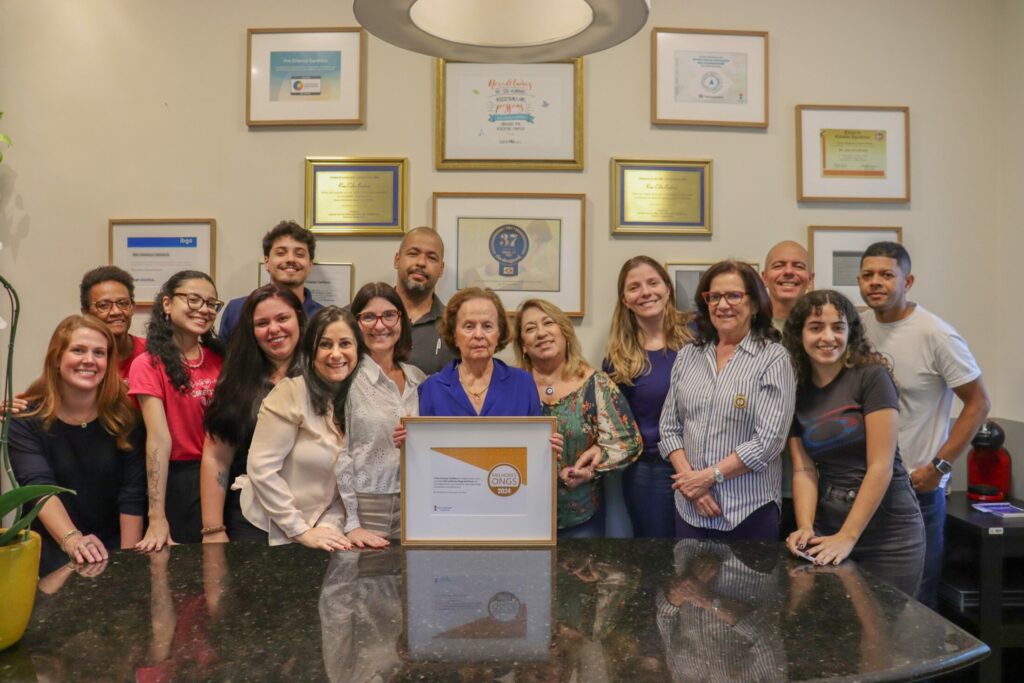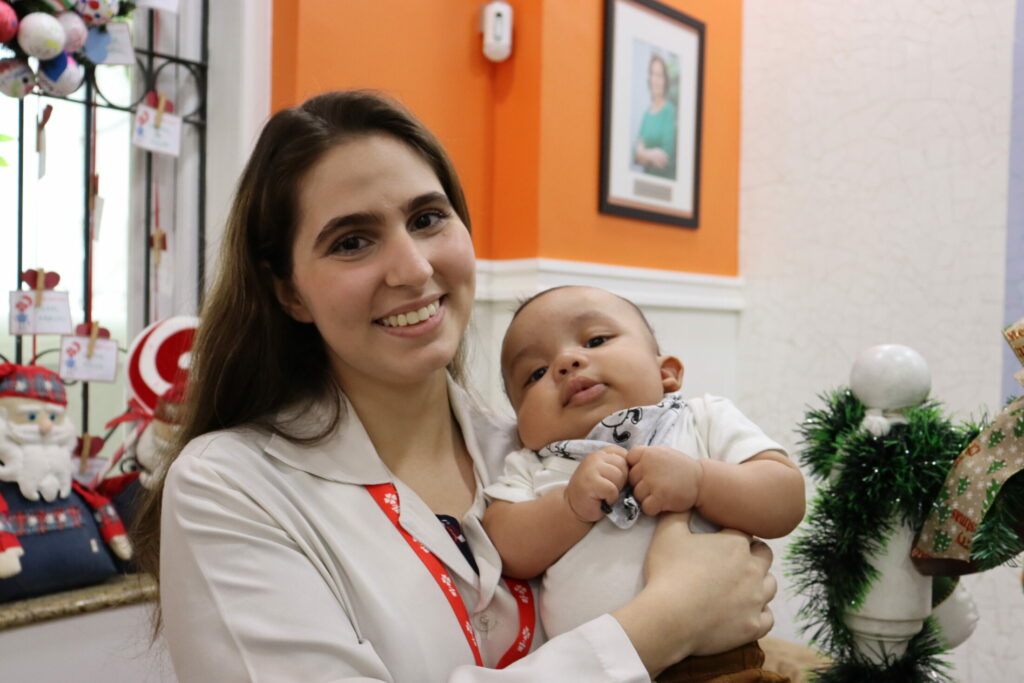Cardiovascular disease: prevention begins in pregnancy and continues into childhood
Cardiovascular disease: prevention begins in pregnancy and continues into childhood
30/04/2024
Today, August 8th, National Day to Combat Cholesterol, we share an extremely important article for fathers, mothers and caregivers of children.
The person signing is the Medical Director of Pro Criança Cardiac, Dr. Isabela Rangel.
CARDIOVASCULAR DISEASE
In the 1980s, pioneering work showed that, in adverse conditions such as lack of nutrients and energy, changes in the development of the fetus could program it to develop heart disease when it reaches adulthood. It is known that both malnutrition and the opposite (overeating by the mother) during pregnancy and lactation can affect children. For example, children of obese mothers may be at greater risk of becoming obese and diabetic.
Inadequate diet, physical inactivity and smoking are the factors with the greatest potential to be addressed. Several pathological studies have demonstrated the presence of lesions in the arterial wall already in the first year of life. Therefore, prevention of coronary disease must begin in childhood, as habits acquired during this period tend to persist into adulthood.
It is important to modify the habits of children and adolescents who have dyslipidemia and/or a positive family history of coronary disease, establishing a healthy lifestyle with a balanced diet and regular physical activity.
The diet must be individualized, avoiding transsaturated and saturated fats and encouraging the intake of greens, fruits and vegetables.
Practicing physical exercise regularly reduces weight, as well as other risk factors for coronary disease.
Educational measures must be aimed not only at children and adolescents but also at their families.
STICKY NOTES
Healthy eating and physical activity habits begin in childhood. To acquire them in adult life will require much more effort. Adults are responsible for the food that reaches children. It is important to pay attention to what you put in your supermarket shopping cart. It is unlikely that a child will swap the stuffed biscuit for grated carrots.
Among all risk factors, obesity appears as the most important. Its prevalence has been increasing alarmingly in lower socioeconomic classes. Some cases will end in surgery to reduce the stomach, where in reality one disease is exchanged for another.
Discipline and example in the child’s education, reducing the risk factors for cardiovascular disease, will be a guarantee so that the child, in adult life, spends money on leisure travel, for example, and not on medicines and hospital stays.
Let’s take better care of our children!
Dr Isabela Rangel
Medical Director of Pro Criança Cardiac
Related articles

The 2025 World Top SGOs Are Live

Pro Criança Cardíaca has already secured its registration for the 2025 Best NGOs Award
